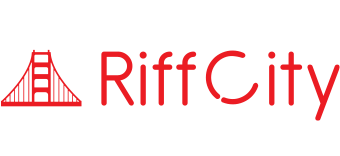Greentown Labs startup Raise Green has launched an equity crowdfunding platform for investment in clean energy projects, ranging from solutions like wind turbines and solar panels to infrastructural projects like micro-grids and community-supported agriculture.
The platform is designed to democratize funding access. Each project creator sets their own terms for their fundraise, but investment sizes could range from $100 to $100,000, said Raise Green co-founder and CEO Franz Hochstrasser, who calls the model an example of “inclusive capitalism.”
“We have a pipeline of about 60-plus projects that are moving through the development phases that we’re super excited to bring to fruition and share with our investor base,” said Hochstrasser.
The first offering is already available: the National Energy Improvement Fund, which offers commercial financing related programs nationally and residential lending programs in 20 states. Since beginning to crowdfund on July 10, the project has secured more than $41,000 in equity, nearly one-fifth of the way to its $250,000 goal.
Raise Green takes a small fee on every dollar raised on its platform. But there’s a catch. The startup doesn’t get paid unless a raise is successful.
“Our incentive structure is very aligned with the originators of the projects that are selling securities,” Hochstrasser said. “It has us right in the same mix as the originator, wanting to see the investors come in. It’s what we call ‘profit for all’ as opposed to just for-profit or nonprofit.”
Cleantech and greentech projects have been chronically underfunded. An analysis by the Brookings Institution in 2017 found that not only has there been a significant drop in VC investment in cleantech in recent years, but the investments that do exist have concentrated in a few technology areas, in more mature firms and in just a few metro areas.
Raise Green may allow startups to circumvent the VC model while still raising equity for their projects—investment that is increasingly urgent with climate change swiftly altering the face of the planet. As Hochstrasser sees it, the Raise Green platform also accomplishes the less tangible goal of empowering individuals to take matters into their own hands when it comes to combating climate change.
“There were a lot of people who are aware of the problem but felt disempowered and unable to take individual or collective action,” Hochstrasser said. “All of the solutions to climate change, and frankly a lot of economic challenges as well, already exist. They just need to be organized and shared and conveyed through knowledge equity in a way that empowers folks to take advantage of them and put them into practice.”


